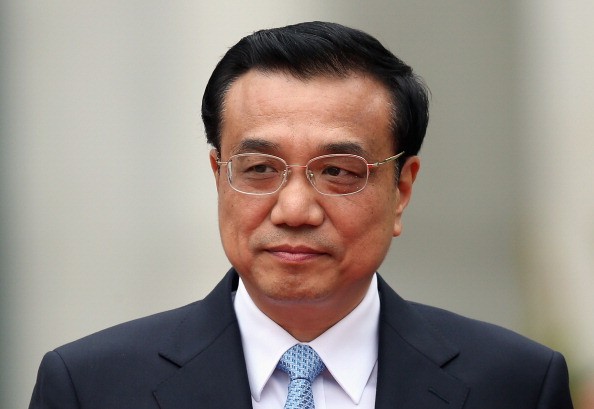In a meeting with a U.S. delegation on Thursday, Premier Li Keqiang vowed to intensify China's efforts lure foreign investment, China Daily reported.
The said meeting, held at the Great Hall of the People in Beijing, was organized by Washington-headquartered think tank Aspen Institute. The organization aims to boost leadership and open-minded dialogue.
The event was attended by 18 U.S. senators and House of Representatives members.
According to Li, the government will "ramp up efforts to nurture a fairer environment for market competition and will bolster intellectual property rights protection," China Daily reported.
The premier also noted that more than differences, China and the U.S. share more common interests.
He further encouraged that the two nations, regarded as two of the world's largest developed countries, should maintain steady growth and Sino-U.S. relations.
For China's part, Li emphasized that the country is willing to cooperate with the Western giant to advance more endeavors involving the two nations. These initiatives are expected to yield economic and trade activities that are beneficial to both countries.
During the meeting, members of the U.S. delegation, including legislators from the U.S. states of Nebraska, California, Illinois and Delaware, discussed wide-ranging issues with Li. Both parties agreed that any developments in China present opportunities for the U.S.
According to Xue Lan, dean of the School of Public Policy and Management at Tsinghua University, "It is important, especially for foreign legislators, to meet with Chinese leaders so all can get a clearer understanding of the other side."
Xue, who has previously received training at the Aspen Institute, further remarked that think tanks who often visitied China were "rarely received by Chinese leaders such as the premier," the article said.
Meanwhile, IPR expert Zhao Chen noted that the protection of property rights in the country mandates stricter regulations in order to hype up overseas investment.
"Foreign investors currently face restrictions in some trading areas that force them to find Chinese partners," Zhao said.
"The creation of more comprehensive policies is needed to dispel their concerns," Zhao, affiliated with the State Intellectual Property Office of China, said.



























